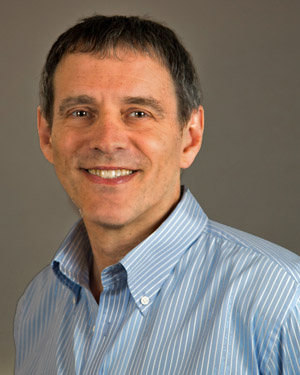
Steve Weiner, computer specialist and Aesthetic Realism associate, writes:
Is there such a thing as the “Real Thing” in poetry? What is it, and why is it hugely different from verse that’s not truly poetic? You’ll learn why Aesthetic Realism sees it as crucial for a person’s life to understand the distinction. (A big reason is: we need to know the difference between a real poem and something that’s not in order to be clear about ourselves—what way of seeing we have that really stands for us, and what doesn’t!) For a deeply cultural experience that will have you see what you’re most hoping for, read “Is It the Real Thing?,” the new issue of The Right of Aesthetic Realism to Be Known.
The commentary by Ellen Reiss begins:
Dear Unknown Friends:
We continue to serialize the lecture These Speak of Poetry, which Eli Siegel gave in 1973. In it he describes something no other critic saw: the crucial, defining thing in poetry, that which distinguishes a true poem from something not that. And here it’s necessary, and a great pleasure, to say again: Aesthetic Realism does not see poetry as a matter that is apart from life; it’s not apart, for instance, from your turmoil—or from your need to be “practical.” Nor does Aesthetic Realism see poetry as some clever arrangement, or some sloppy expression. Poetry is the furthest thing from these! An authentic poem is sincerity at its deepest and most exact; it is justice as strict and loving.
“Poetry,” Eli Siegel wrote, “…is the oneness of the permanent opposites in reality as seen by an individual.” And he explained: the evidence showing that a poem is the real thing is a certain sound, which is poetic music. The music is different in each instance, but it is always the oneness of such “opposites in reality” as freedom and order, delicacy and strength, tumult and calm, continuity and change. The music of a poem is present in and inseparable from what the words, as meaning, are saying.
In the lecture we’re serializing, Mr. Siegel speaks about this all-important thing, poetic music. He is looking at work in the Louis Untermeyer anthology Modern American Poetry, and, in the part of the lecture published here, continues to discuss poems of Edwin Arlington Robinson. Robinson lived from 1869 to 1935. He impressed many readers and what can be called the literary establishment. His work, though, Mr. Siegel is showing, however adept it may be, is not true poetry….Read more